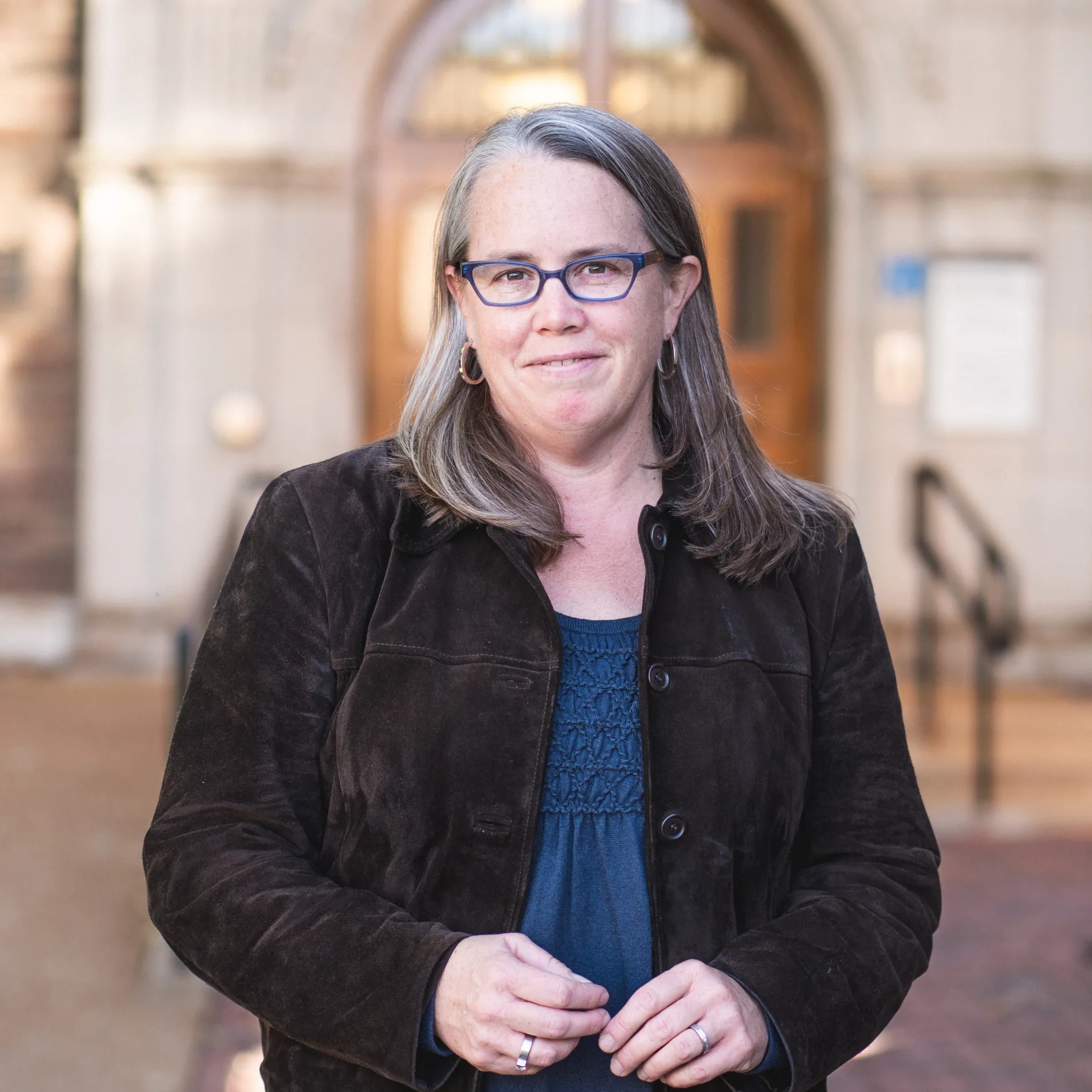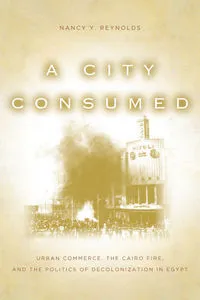Selected Publications
Books
A City Consumed: Urban Commerce, the Cairo Fire, and the Politics of Decolonization in Egypt. Stanford University Press, 2012. (Winner of the 2013 Roger Owen Book Award from the Middle East Studies Association)
Articles and Book Chapters
“Following Absence: Plot Lines of Erasure and Ruination in the Middle East and North Africa: An Introduction,” co-authored with Anne-Marie McManus, Comparative Studies of South Asia, Africa, and the Middle East (CSSAAME) 44.2 (August 2024): 277-286.
“Vanishing Nubia: Following Botanists in Egypt,” Comparative Studies of South Asia, Africa, and the Middle East (CSSAAME) 44.2 (August 2024): 327-341; for special section, Following Absence.
“Retro-Rivering: A roundtable review of Faisal H. Husain, Rivers of the Sultan: The Tigris and Euphrates in the Ottoman Empire,” H-Net Environment Roundtable Vol. 14, no. 6 (June 2024): 12-19
“‘Architectural Design for Procuring Thermal Comfort’: Hassan Fathy, Nubia, and Desert Building,” International Journal of Islamic Architecture, Special Issue: ‘Climate Change and the Built Environment in the Islamic World’, 13:2 (May 2024), pp. 361–91
"Dams, Ditches, and Drains: Managing Egypt’s Modern Hydroscape,” chapter for Oxford Handbook of Modern Egyptian History, edited by Beth Baron and Jeff Culang. Pp. 196-216 (Oxford University Press, 2024)
“City of the High Dam: Aswan and the Promise of Postcolonialism in Egypt,” City & Society, vol. 29, no. 1 (April 2017): 213-235.
“States of Law and Sexuality in the Middle East,” Journal of Women’s History, vol. 27, no. 2 (summer 2015): 182-193.
“Beyond the Urban,” a contribution to the “Public Space Roundtable,” International Journal of Middle East Studies, vol. 46, no.1 (February 2014): 172-174.
“Building the Past: Rockscapes and the Aswan High Dam in Egypt,” in Water on Sand: Environmental Histories of the Middle East and North Africa, edited by Alan Mikhail. Pp. 181-205 (New York: Oxford University Press, 2013).
"Entangled Communities: Interethnic Relationships among Urban Salesclerks and Domestic Workers in Egypt, 1927-1961,” The European Review of History/Revue européenne d’histoire, vol. 19, no. 1, 113-139.
“Salesclerks, Sexual Danger, and National Identity in Egypt in the 1920s and 1940s,” Journal of Women’s History, vol. 23, no. 3 (Fall 2011): 63-88.
“National Socks and the ‘Nylon Woman’: Materiality, Gender, and Nationalism in Textile Marketing in Semicolonial Egypt, 1930-1956,” International Journal of Middle East Studies, vol. 43, no. 1 (February 2011): 49-74
“Sharikat al-Bayt al-Misri: Domesticating Commerce in Egypt, 1931-1956,” Arab Studies Journal, vol. 7.2/8.1 (Fall 1999/Spring 2000): 75-107.
“Economics: Advertising and Marketing: Egypt,” entry for Encyclopedia of Women and Islamic Cultures, Volume 4, Suad Joseph et al (eds.), Leiden: Brill, 2006, 118-120
Awards
The American Council of Learned Societies (ACLS) Fellowship, January to December 2012, For the project “The Politics of Environment, Culture, and National Development in the Building of the Aswan High Dam in Egypt, 1956-1971”
Bernadotte E. Schmitt Grant for Research in European, African, or Asian History, 2010, The American Historical Association
Geballe Dissertation Prize Fellowship, Stanford Humanities Center, Stanford University.
Social Science Research Council Dissertation Research Fellowship for the Social Sciences and Humanities.
Grants
Sawyer Seminar on the Comparative Study of Cultures, The Andrew W. Mellon Foundation, 2016-18. For the project: “Grounding the Ecocritical: Materializing Wastelands and Living on in the Middle East”; with Dr. Anne-Marie McManus.
Arts and Sciences Summer 2016 Collaborative Seed Grant, Washington University, 2016.
For the project: “Wasteland Literacies”; with Dr. Anne-Marie McManus.
Mellon New Directions Fellowship, 2014-2016; deferred to begin in 2017.
For the project, “Heat: Recent Egyptian Histories.”
Faculty Seminar Grant, Center for the Humanities, Washington University, 2014-2017.
For “Wastelands,” co-convened with Dr. Anne-Marie McManus.
Recent Courses
Middle East in the Twentieth Century
Colonial Cities and the Making of Modernity
History of the Late Ottoman Middle East
Palestine, Israel, and the Arab-Israeli Conflict
Graduate Core Seminar: Social and Cultural History of the Modern Middle East
Beyond the Harem: Women, Gender, and Revolution in the Modern Middle East
Egypt and the Arab Spring: Middle Eastern Revolution in Historical Perspective (Advanced Seminar)
The Literature of History
Law and Revolution in Modern Egypt: A Methods Seminar
Between Sand and Sea: History, Environment, and Politics in the Arabian Peninsula
Research Seminar for M.A. Students in Jewish, Islamic, and Middle Eastern Studies
Shopping and Consumption: Historical Approaches




